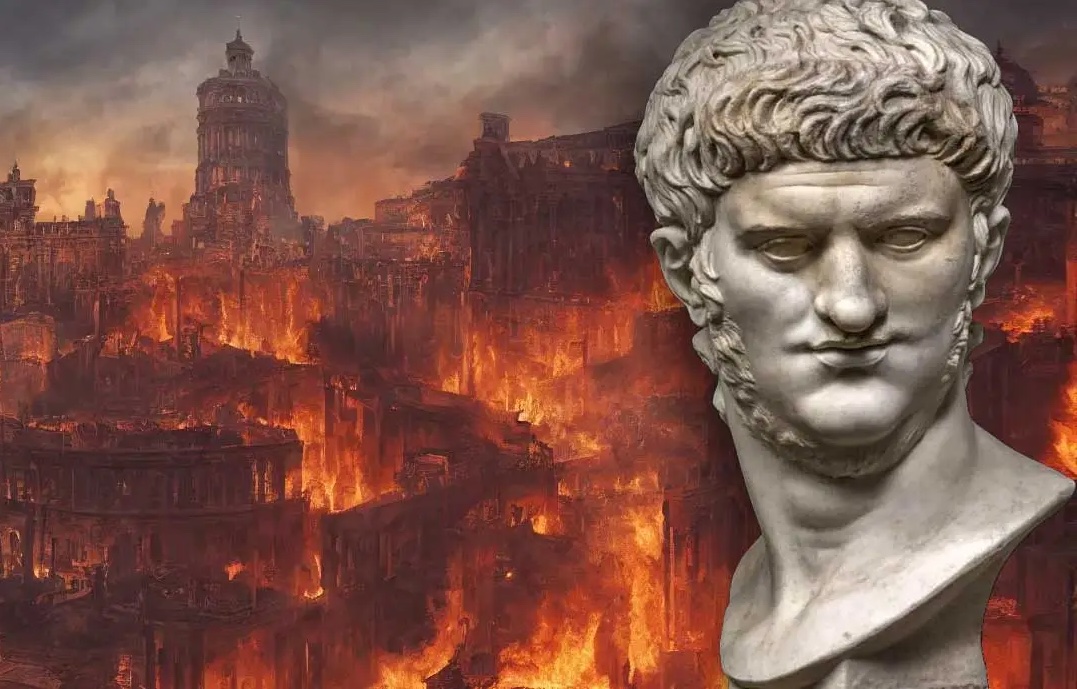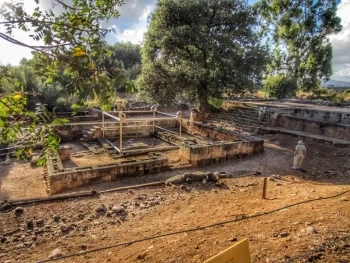Nero, a name synonymous with extravagance, tyranny, and artistic patronage, occupies a unique place in the annals of Roman history. Nero was born in 37 AD in the Roman town of Antium, located in present-day Italy, Nero's early years were marked by privilege and opportunity. Yet, it was his tumultuous reign as emperor that would leave an indelible mark on the Roman Empire, shaping its destiny for generations to come.
Nero's birthplace of Antium, known for its scenic coastal beauty and vibrant culture, provided the backdrop for his formative years. As the son of the prominent Roman general Gnaeus Domitius Ahenobarbus and Agrippina the Younger, Nero was born into a family with deep political connections and ambitions. From an early age, he was groomed for a life of leadership and power, destined to inherit the mantle of the Roman Empire.
One of the most iconic representations of Nero is found in the numerous Nero busts that have survived from antiquity. These intricately carved sculptures capture the likeness of Nero, depicting him in various poses of imperial grandeur and authority. Displayed in palaces, temples, and public spaces throughout the empire, these busts served as potent symbols of Nero's reign and influence.
Despite his prestigious lineage, Nero's reign as emperor was marked by controversy, scandal, and oppression. His rule was characterized by a series of erratic and despotic actions, including the persecution of Christians, the execution of political rivals, and the squandering of state resources on lavish personal indulgences. Nero's obsession with art and culture, while celebrated by some, was often viewed as a distraction from the pressing issues facing the empire.
One of the most enduring myths surrounding Nero is his purported connection to Julius Caesar. While Nero claimed descent from the legendary Roman dictator, historians debate the accuracy of this lineage. Nevertheless, Nero's fascination with Caesar's legacy was evident in his efforts to emulate his predecessor's grandeur and ambition, including the construction of elaborate public monuments and the adoption of Caesar's titles and honors.
Despite his aspirations for greatness, Nero's reign ultimately ended in tragedy and disgrace. Faced with mounting opposition and rebellion, Nero was declared a public enemy by the Senate and forced to flee Rome in 68 AD. He ultimately took his own life in 68 AD, bringing an ignominious end to his reign and leaving a legacy of tyranny and excess that would be remembered for centuries to come.
Nero's life and legacy are a study in contrasts, reflecting the complexities and contradictions of human nature. From his birth in the picturesque town of Antium to the numerous Nero busts that immortalize his likeness, Nero's story is one of ambition, power, and ultimately, downfall. As one of Rome's most infamous emperors, Nero's reign serves as a cautionary tale of the dangers of unchecked ambition and the corrupting influence of absolute power.




